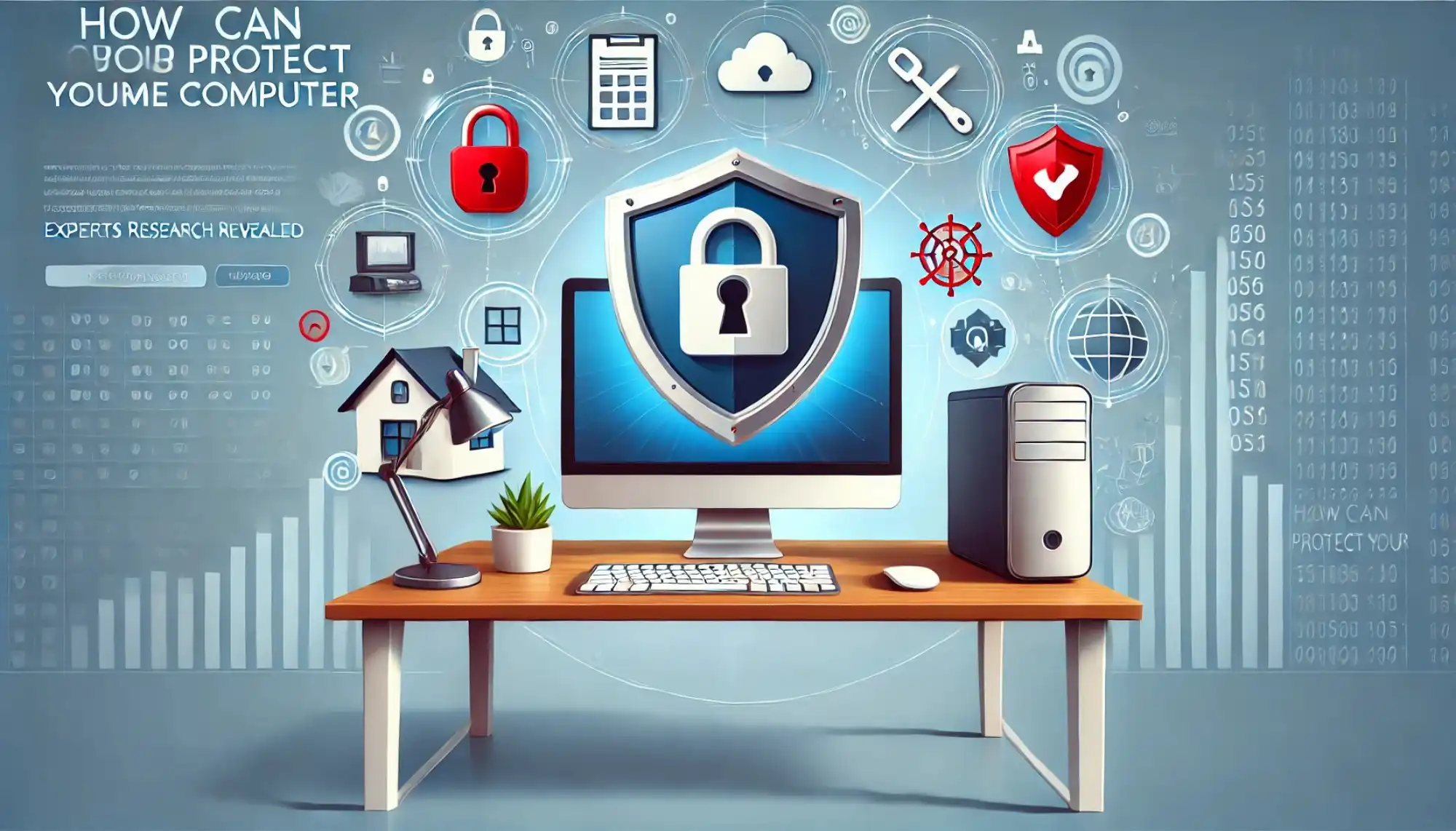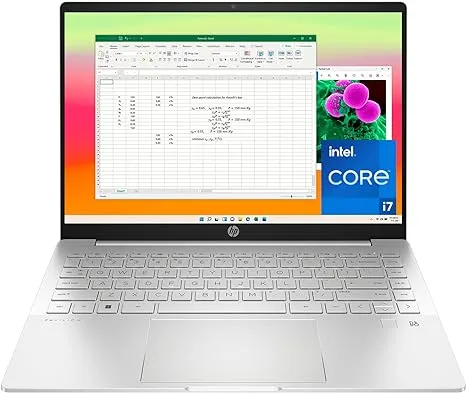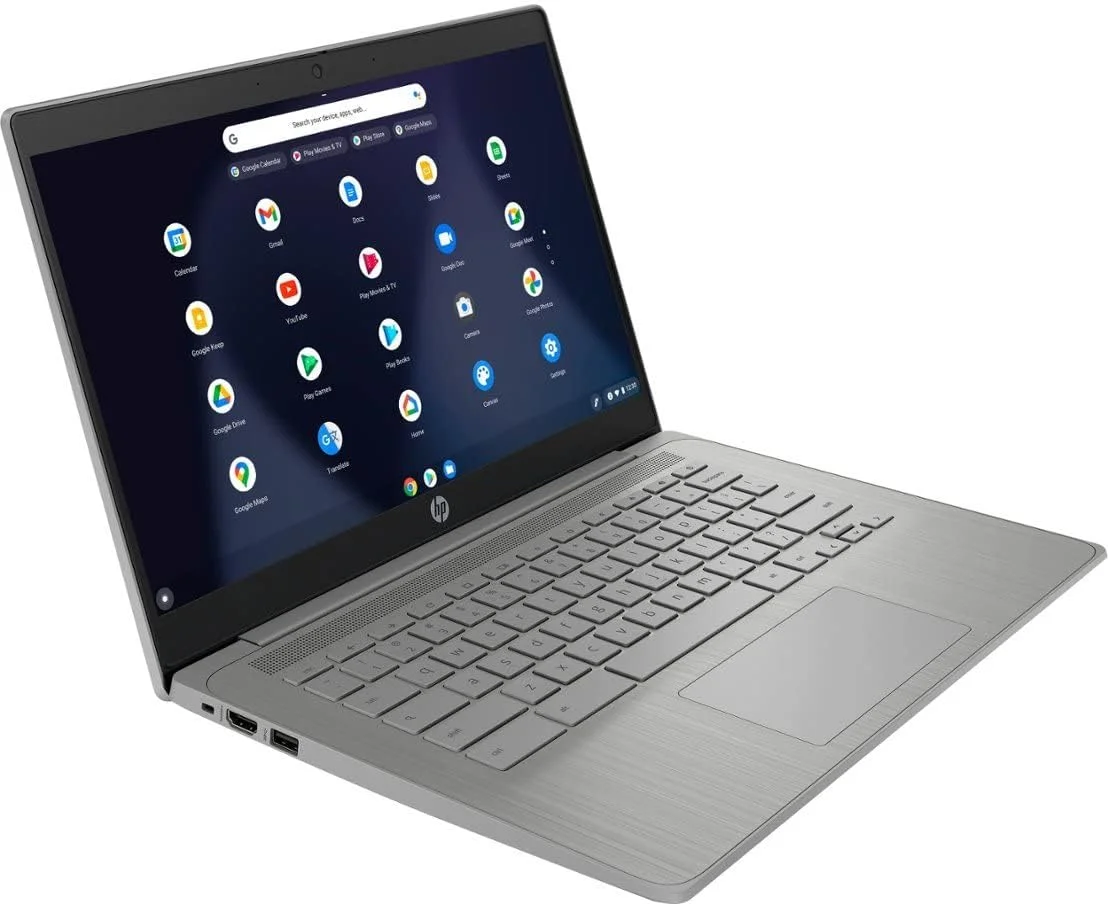Introduction
In today’s digital age, your home computer is more than just a device—it’s a gateway to your personal information, financial data, and much more. With cyber threats constantly evolving, it’s essential to understand how to protect your home computer effectively. Knowing how to secure your device can prevent potential disasters, whether you’re a casual user or someone who relies on their computer for work. This article delves into expert-researched strategies on “How can you protect your home computer,” ensuring that you’re well-equipped to handle the challenges of 2024 and beyond.
Understanding Common Threats to Home Computers
Before diving into protection strategies, it’s crucial to understand the types of threats your home computer might face.
Types of Malware:
Malware, including viruses, Trojans, and ransomware, remains one of the most significant dangers to your computer. These malicious programs can steal your data, corrupt files, or even hold your computer hostage until a ransom is paid.
Phishing Attacks and Social Engineering:
Cybercriminals often use phishing emails and social engineering tactics to trick users into providing sensitive information. It becomes more difficult to discern between authentic and fraudulent communications due to the increasing sophistication of these attacks.
The Rising Threat of Cyber Attacks in 2024:
As we move further into 2024, cyber-attacks are becoming more frequent and advanced. With the integration of AI and other technologies, hackers are finding new ways to exploit vulnerabilities. This makes staying informed and vigilant more important than ever.
Basic Steps to Protect Your Home Computer
The first line of defense is often the simplest. By taking a few basic precautions, you can significantly reduce the risk of your home computer being compromised.

How Can You Protect Your Home Computer Turn on the Password Feature?
Enabling the password feature on your computer is a straightforward yet effective way to enhance security. This simple step ensures that unauthorized users cannot easily access your system. Make sure your password is strong and unique, one-of-a-kind, and has a mix of letters, numbers, and symbols.
How Can You Protect Your Home Computer Use the Default Operating System Password?
While using the default operating system password is convenient, it’s far from secure. It’s essential to change these default passwords to something more secure immediately. Hackers often exploit default credentials to gain access to systems.
Importance of Regular Software Updates:
Keeping your software up-to-date is another critical step. Updates frequently include patches for security flaws found since the previous version was released. By updating regularly, you ensure that your computer has the latest defenses against threats.
Utilizing Strong and Unique Passwords:
Beyond just your operating system password, all passwords used on your computer should be strong and unique. Avoid using the same password across multiple platforms, and consider using a password manager to keep track of them all.
Protecting your home computer is just as crucial as safeguarding your laptop from physical damage. If you’re interested in more tips on how to protect your devices, check out our guide on From Cracks to Crashes: How to Protect Your Child’s Laptop from Physical Damage.
Advanced Protection Techniques
While basic steps provide a solid foundation, advanced protection techniques are necessary to defend against more sophisticated attacks.
Installing and Updating Antivirus Software:
Antivirus software is your primary defense against malware. It’s crucial to not only install a reputable antivirus program but also to keep it updated regularly to recognize and protect against the latest threats.
Using a Firewall for Enhanced Security:
A firewall acts as a barrier between your computer and potential threats from the internet. Ensuring that your firewall is active and properly configured adds an extra layer of security.
How Can You Protect Your Home Computer from Hackers?
Hackers are constantly looking for vulnerabilities to exploit. To protect your computer, it’s essential to use robust security practices such as enabling firewalls, using antivirus software, and avoiding suspicious downloads and websites.
Setting Up Two-Factor Authentication (2FA):
Two-factor authentication adds an additional layer of security by requiring two forms of verification before granting access to your computer. This makes it much harder for unauthorized users to gain entry, even if they know your password.
Securing Your Network
Your home network is just as crucial to protect as your computer. Without proper network security, even the most secure computer can be at risk.
Importance of Securing Your Wi-Fi Network:
An unsecured Wi-Fi network is an open invitation to hackers. Ensure that your network is protected with a strong password and WPA3 encryption.
How to Configure a Strong Router Password:
Just like your computer, your router should not be left with its default password. Change it to something strong and unique to prevent unauthorized access.
Disabling Remote Access to Your Network:
Remote access features are convenient but can also be a security risk. Unless absolutely necessary, it’s advisable to disable these features to prevent potential intrusions.
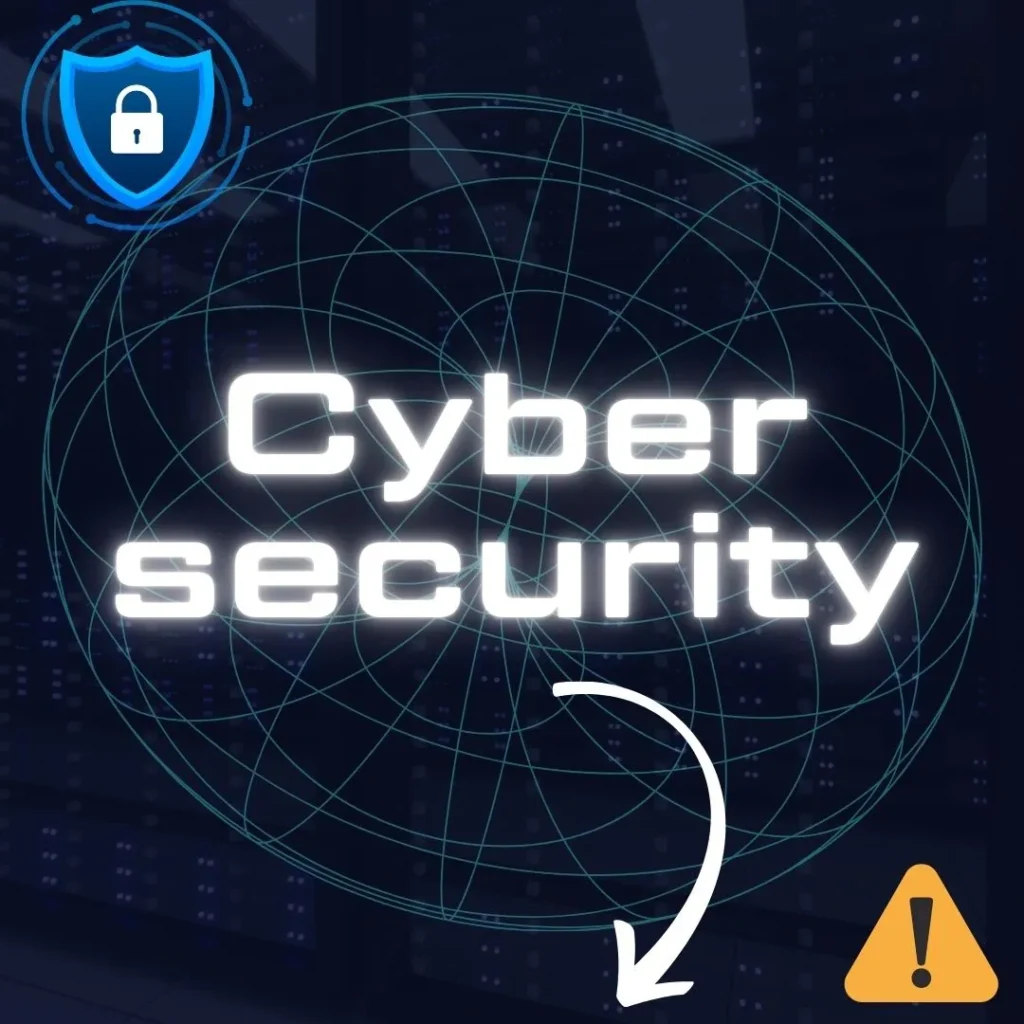
Cyber Awareness and Best Practices
Staying informed and practicing good cyber hygiene is key to protecting your home computer.
How Can You Protect Your Home Computer Cyber Awareness 2024?
Cyber awareness in 2024 involves understanding the latest threats and knowing how to respond. Regularly educating yourself on emerging threats and best practices can keep you a step ahead of cybercriminals.
Recognizing and Avoiding Phishing Scams:
Phishing scams are designed to trick you into giving up personal information. Always double-check the legitimacy of emails and avoid clicking on suspicious links.
Safe Browsing Habits and Secure Websites:
Ensure that you’re visiting secure websites (look for HTTPS in the URL) and avoid downloading files from untrusted sources. Safe browsing habits can prevent many common threats.
Data Backup and Recovery
Even with all the security measures in place, it’s essential to prepare for the worst-case scenario.
Importance of Regular Data Backups:
Regularly backing up your data ensures that you don’t lose important files in the event of a cyber-attack or hardware failure.
Cloud vs. Local Backups: Which is Better ?
Cloud and local backups both have their own advantages. Cloud backups offer convenience and accessibility, while local backups provide quicker recovery times. Consider using both for a more comprehensive solution.
How to Create a Recovery Plan for Your Computer:
Having a recovery plan in place means you’re prepared to act quickly if your computer is compromised. This plan should include steps for data recovery, system restoration, and contacting any necessary support services.
Managing Mobile Code and Scripts
Mobile code, such as JavaScript or Flash, can pose significant security risks if not managed properly.
How Can You Protect Your Home Computer Accept All Mobile Code?
While it might be tempting to accept all mobile codes for convenience, this can expose your computer to various threats. It’s safer to configure your browser to block or selectively allow mobile code based on the source’s trustworthiness.
Risks of Mobile Code (JavaScript, Flash, etc.):
Mobile code can be exploited by hackers to execute malicious actions on your computer. It’s important to manage these scripts carefully and ensure they come from trusted sources.
How to Safely Manage and Control Mobile Code
Most modern browsers allow you to control how mobile code is executed. Adjust these settings to enhance security without sacrificing functionality.
The Role of Operating System Security
Your operating system is the core of your computer’s functionality, and securing it is vital.
Updating and Patching Your Operating System:
Like other software, your operating system needs regular updates to fix security vulnerabilities. Make sure automatic updates are enabled, or check for updates regularly.
How Can You Protect Your Home Computer Use the Default Operating System Password?
As previously mentioned, using the default operating system password is risky. Change it immediately to something more secure to protect your system from unauthorized access.
Disabling Unnecessary Services and Features:
Operating systems often come with various services and features enabled by default. Disable any that you don’t use to reduce potential entry points for attackers.
Children and Home Computer Security
If you have children, it’s crucial to consider their safety and the security of your home computer.
Setting Up Parental Controls:
Parental controls help limit what children can access online and monitor their activity. This not only protects them but also helps prevent them from accidentally compromising your computer’s security.
Educating Children on Safe Computer Use:
Teach your children the importance of online safety, including the dangers of downloading unknown files, visiting untrusted websites, and sharing personal information.
Monitoring Online Activities:
Regularly monitor your children’s online activities to ensure they are following safe practices and to protect your computer from potential threats.
Emerging Threats and Future-Proofing Your Computer
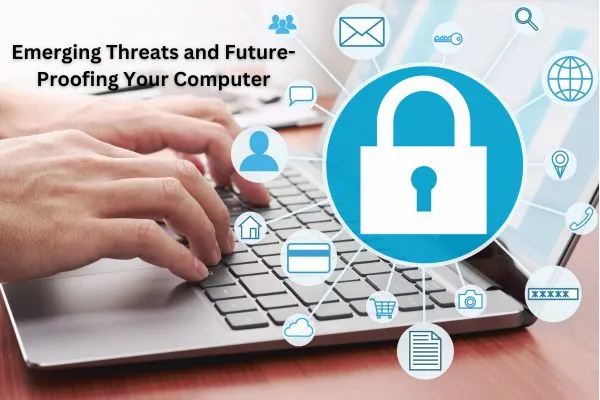
It’s critical to keep up with the latest developments about cyber risks because they are always changing.
The Role of AI in Cybersecurity:
Artificial Intelligence is both a tool and a threat in cybersecurity. While it can help protect your computer by detecting threats faster, it can also be used by hackers to create more sophisticated attacks.
Preparing for the Next Generation of Cyber Threats:
Staying informed about new threats and updating your protection strategies accordingly is essential. This includes investing in new security technologies as they become available.
Importance of Continuous Learning and Adaptation:
The cybersecurity landscape is always changing, so it’s crucial to continuously educate yourself and adapt your practices to stay protected.
Conclusion
Protecting your home computer is an ongoing process that requires a combination of basic precautions and advanced security measures. By understanding the threats, implementing the recommended strategies, and staying informed about the latest trends, you can keep your computer—and your personal information—safe. Remember, the key to effective protection is vigilance and continuous improvement.
Beyond digital security, keeping your devices physically safe and running smoothly is vital. Learn more about protecting your child’s laptop and ensuring your devices stay cool during use with our articles on From Cracks to Crashes: How to Protect Your Child’s Laptop from Physical Damage and Does AC Keep Laptop Cool? Find Out How to Beat the Heat!
Frequently Asked Questions (FAQs)
To protect against phishing attacks, always verify the sender’s email address, avoid clicking on suspicious links, and use email filtering tools that can identify and block phishing attempts.
Signs include unexpected pop-ups, slow performance, unknown programs running, and changes to your homepage or passwords without your input.
You should update your antivirus software as soon as updates are available, typically set to update automatically to ensure you’re protected against the latest threats.
While not mandatory, using a VPN can enhance your security by encrypting your internet connection and protecting your privacy, especially on public Wi-Fi.
Immediately disconnect from the internet, run a full antivirus scan, and remove any detected threats. If the issue continues, you might want to think about getting help from a pro.

